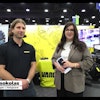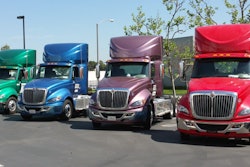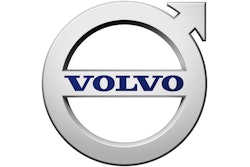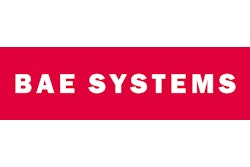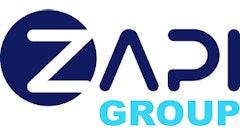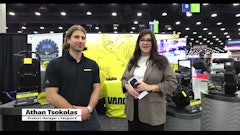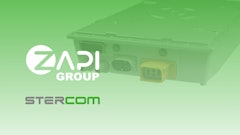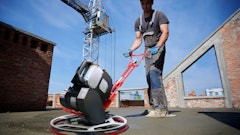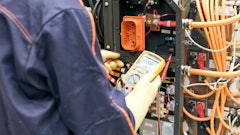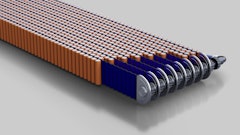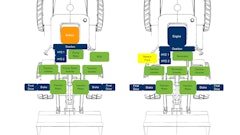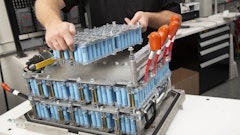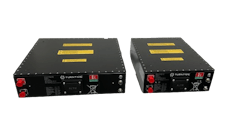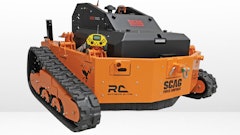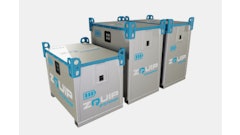The California Air Resources Board (CARB) has announced a $23.6 million award to deploy the largest number of zero-emission trucks servicing ports in the history of the nation. With this funding, 43 zero-emission big rigs, transporting shipping containers, will be deployed in and around California’s seaports. The trucks will be built by four different heavy-duty truck manufacturers.
All 43 trucks will be operating in Disadvantaged Communities, areas where the income levels are low and the residents are disproportionately impacted by poor air quality.
“This program is a great example of how California’s greenhouse gas policies, namely the Cap & Trade program, are helping to not only prevent climate change but also improve air quality,” says CALSTART President and CEO John Boesel.
This is the single largest grant ever made to advance zero-emission trucks serving ports in the United States. The total investment in the project was $40 million. The California Climate Investment funds (generated from the GHG Cap & Trade program) were matched by approximately $16.4 million in funding from the regional air districts. The project team includes the South Coast Air Quality Management District, the Bay Area Air Quality Management District, the San Joaquin Valley Air Pollution Control District, the San Diego Air Pollution Control District, and the Sacramento Metropolitan Air Quality Management District.
CALSTART worked with the air districts to help identify and recruit some of the key truck makers and suppliers. As a member of the winning proposal team, CALSTART will serve as an advisor and provide technical support to the project. CALSTART will focus on strategies to help develop the market and commercialize the trucks deployed and tested under this grant.
The proposal will support the development of three different zero-emission truck propulsion configurations. One hundred percent battery electric trucks will be developed by BYD and a team consisting of Peterbilt and California start-up TransPower. Volvo will be deploying a plug-in hybrid electric diesel truck under the Mack brand. And, a fourth team, involving both Peterbilt and Kenworth, partnered with BAE Systems, will be deploying a truck that uses a natural gas engine to recharge the batteries and provide the capability to operate in zero-emission mode.
“With today’s announcement, California is taking a major step toward the development of zero-emission big rigs for intra-regional applications. Trucks with no tailpipe emissions are needed to meet air quality standards not only in California, but in many of the mega-cities in Asia, South America, and Europe. To bring this sector toward commercial viability, California policymakers need to make a multi-year commitment of Cap & Trade funds,” says Boesel.

